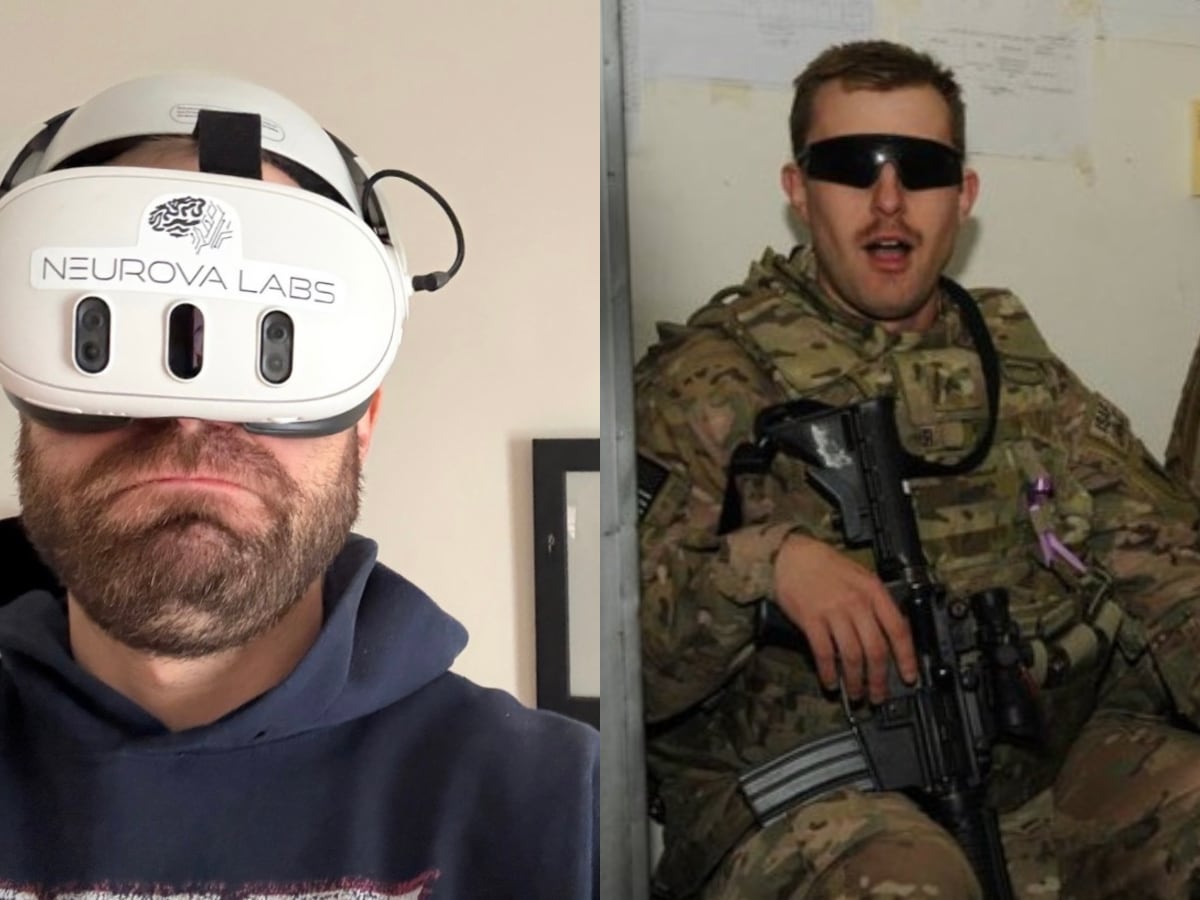Just two days before he's due to appear in court, Sgt. Bowe Bergdahl's lawyer, citing what has been "open season" on his client, is pushing for the public release of parts of the Army's investigation into the soldier's disappearance.
Eugene Fidell, Bergdahl's lead defense attorney, wants the executive summary of Maj. Gen. Kenneth Dahl's 2014 investigation, along with the transcript of Dahl's "lengthy interview" with Bergdahl, to be released to the public.
"Both documents are unclassified," Fidell said in a statement.
"The defense believes it is in the public interest for these documents to be made available without further delay," Fidell said. He added that the defense asked for the documents to be made public five months ago.
Fidell declined further comment by phone, but he released a document that in June was submitted to the Army Professional Conduct Council.
The 84-page document asks for the council to rule on whether the defense is ethically allowed to release the documents in question.
"It is an understatement to observe that Sgt. Bergdahl's case has been and continues to be the subject of intense and highly politicized media interest," the document states.
Bergdahl spent five years as a captive under the Taliban and was released last year in a controversial prisoner swap.
The document from Fidell goes on to highlight instances where analysts, to include Lt. Col. Anthony Shaffer, a former military intelligence officer described in the document as a "retired Army Reserve field grade officer," and Duane "Dewey" Clarridge, described as "a retired CIA employee," have "repeatedly gone on the air with information said to have been leaked by government officials."
"In one instance, it appeared that classified information had been compromised by such an 'analyst,' " the document states. "In several instances, persons appearing on Fox [News] have disseminated demonstrably false information, leading Department of Defense and Army public affairs at one point to issue strong public denials."
Fidell's request to the Army Professional Conduct Council also includes 30 pages of negative and "hostile" comments posted on the Army Times Facebook page in response to a commentary by a former Air Force attorney. In her column, Rachel VanLandingham argues that the military justice system relies too heavily on commanders to oversee legal proceedings against troops "without commensurate real checks on their vast power." She specifically criticized the case against Bergdahl, suggesting that the political firestorm his case set off all but guarantees he will be sent to court-martial without fairly considering he spent five years as a prisoner of the Taliban.
Fidell's request also names a Facebook page "established by persons unknown" called "Bergdahl is a Traitor," and says a Republican presidential candidate and "at least one Fox show host" have publicly called Bergdahl a traitor.
In August, Donald Trump called Bergdahl "a dirty, rotten traitor" during a town hall meeting in New Hampshire. At the time, Fidell fired back, calling the candidate's remarks "contemptible and un-American" and "a call for mob justice."
Earlier this year, Fox News host Eric Bolling argued with John Flannery, a former federal prosecutor who believes Bergdahl should not be prosecuted. During the segment, Bolling repeatedly called Bergdahl a traitor.
"The media and Internet echo chamber have repeated highly inflammatory claims that at least six soldiers died searching for Sgt. Bergdahl and that he deserted to the Taliban," the document states.
Those "claims are false," Fidell wrote, adding that government attorneys in June told the preliminary hearing officer that they do "not intend to produce evidence at the Article 32 hearing that service members were killed or wounded during the search for Sgt. Bergdahl, or that Sgt. Bergdahl intended to desert to the enemy."
It is impossible to control what people say on social media, experts say, adding that initial misinformation generally outruns and outlasts late-emerging truth.

Sgt. Bowe Bergdahl's attorney has pleaded with Army officials to public release the investigative interview of his client.
Photo Credit: Voice Of Jihad Website via AP video
"Once the genie's out of the bottle, it's out," said Daren Brabham, an assistant professor at the University of Southern California who specializes in new media.
Controlling unpredictable social media has proven next to impossible, he said, especially as most users consume social media in "echo chambers" populated by people who tend to have similar world views.
"If one bit of misinformation emerges, it will bounce around like-minded individuals and very rarely will it be corrected," said Brabham, who serves on the editorial board of a new academic journal called Social Media + Society. "It keeps getting stronger in these isolated silos."
Bergdahl disappeared from Combat Outpost Mest-Lalak in Paktika province, Afghanistan, on June 30, 2009. He has been accused of leaving his patrol base alone and intentionally before he was captured by Taliban insurgents.
He was freed in a May 31, 2014, prisoner swap that also freed five Taliban leaders from the U.S. military prison at Guantanamo Bay, Cuba.
Bergdahl is now assigned to a desk job at U.S. Army North at Joint Base San Antonio-Fort Sam Houston, Texas.
He was charged March 25 with one count of desertion with intent to shirk important or hazardous duty, and one count of misbehavior before the enemy by endangering the safety of a command, unit or place.
The Article 32 investigation into his case is scheduled to start Thursday. The Article 32 will determine if there is enough evidence to merit a court-martial and is often compared to a civilian grand jury inquiry.
In his request to the professional conduct council, Fidell wrote that he is concerned about whether Bergdahl can receive a fair trial.
"The amount of venom with which the Internet seethes concerning Sgt. Bergdahl is beyond description," he wrote. "Matters are even worse in the blogosphere, which has become a veritable cesspool of hatred and abuse."
There has been so much hatred directed at Bergdahl that "his immediate commander believes he is in physical danger," Fidell wrote. Since last year, Bergdahl has been required to be accompanied by noncommissioned officers "whenever he leaves Fort Sam Houston," and "there is a high risk of confrontation" even when Bergdahl goes to Brooke Army Medical Center on post, Fidell wrote.
"There is increasingly strong reason to doubt whether Sgt. Bergdahl can receive a fair trial given the prolonged barrage of opprobrium that has been heaped upon him over the last year," Fidell wrote.
Given the adverse publicity, "it is preposterous for him not to be able to defend himself in the court of public opinion by disseminating, if he so chooses, his own statement given under oath in the course of a government interrogation and the executive summary of an AR 15-6 investigation conducted by a respected general officer," Fidell wrote.
Staff writer Kyle Jahner contributed to this report.
Michelle Tan is the editor of Army Times and Air Force Times. She has covered the military for Military Times since 2005, and has embedded with U.S. troops in Iraq, Afghanistan, Kuwait, Haiti, Gabon and the Horn of Africa.





